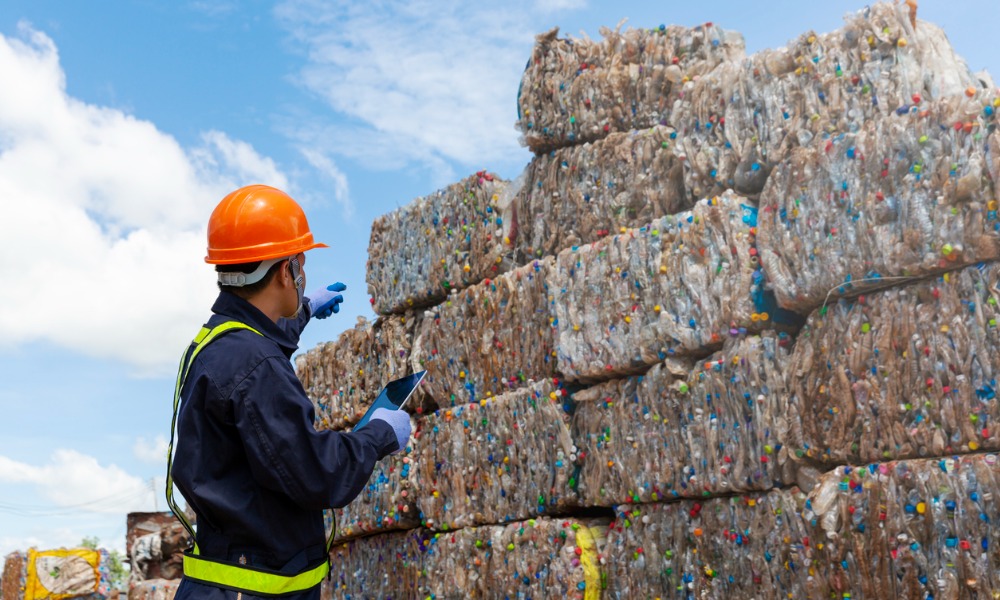To address the escalating problem of plastic pollution, the Government of Canada has announced the launch of the Federal Plastics Registry.
This new initiative was unveiled with Earth Day celebrations, underlining this year's theme, "Planet vs. Plastics." The registry aims to compel plastic producers and stakeholders within the plastic value chain to monitor and manage the lifecycle of plastics more effectively.
According to the federal government, less than ten percent of the plastics in Canada are recycled, with the vast majority ending up in landfills and contaminating beaches, rivers, parks, and oceans. This not only harms wildlife but also degrades vital habitats. The Canadian public has expressed a strong desire for decisive action from both the government and plastic producers to tackle this issue by enhancing the sustainability of plastic production and use.
The Federal Plastics Registry will require manufacturers of plastic resins, producers of plastic products, and related service providers to report annually on the quantity and types of plastics they introduce to the market. This reporting system will cover how these plastics progress through the economy, from production to end-of-life. The registry is designed to foster greater transparency and facilitate evidence-based decision-making, aiding government and industry in mitigating plastic waste.
The registry's scope is broad, encompassing various sectors, including packaging, single-use products, construction, transportation, electronics, textiles, and more. This comprehensive approach is part of Canada’s broader strategy to transition to a circular economy where plastics are continuously reused and recycled rather than discarded.
This announcement precedes a series of international discussions set to take place in Ottawa, aiming to shape a new global agreement on plastic pollution. The registry is expected to set a precedent for global measures against plastic waste, coinciding with the ongoing negotiations of the Intergovernmental Negotiating Committee (INC-4), which seeks to forge a legally binding international agreement by the end of 2024.
Steven Guilbeault, Minister of Environment and Climate Change, emphasized the registry's role in Canada's environmental strategy, stating, “Canadians expect the Government of Canada to take action to reduce plastic waste and pollution, and we are delivering on our commitment. The Federal Plastics Registry is a practical tool that will help track plastics across the economy, inform future actions, and measure progress to reduce plastic waste and pollution.”





